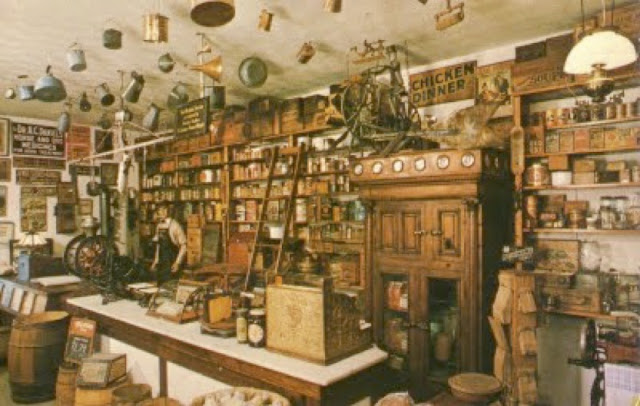Henry Harrison Atwater, a distant cousin, was on duty at the Washington Navy Yard on the night of April 15, 1865 and his telegraph line conveyed the news of the search for Abraham Lincoln's assassin. He had a front row seat for one of the biggest events of his lifetime.
Atwater, the son of Ambrose Atwater and Sally Drew, was born in Burlington VT in 1840. As a teenager, he studied telegraphy and in 1856 accepted a position with the Erie Railroad dispatching trains by telegraph.
In 1860, he moved to Brooklyn, where he met his wife, Mary Farmer McCafferty, whom he married in 1863. He vividly remembered the election of Abraham Lincoln, the firing on Fort Sumpter, and the call for volunteers, of which his brother-in-law, Augustus McCafferty (about whom I have previously written) was one of the first.
Learning that the government was short of telegraph operators, Atwater volunteered and was assigned to the Washington Navy Yard, the headquarters of the Potomac flotilla. During his time in Washington, he and his wife had the opportunity to meet President Lincoln in person. Although he said he had heard "many reports about the plain looks and decidedly awkward appearance" of the president, in the end, he professed himself much impressed with "the pleasing, kindly face and courteous manner . . . which won our hearts at once."
He saw Lincoln again when the president visited the Navy Yard for a demonstration of rockets used for signaling.
Atwater was on duty at the Navy Yard on the fateful night of the assassination, and it was he who conveyed the news of the attempt on Lincoln's life to the Commodore of the Navy Yard, having received the message from the War Department.Atwater worked for the Western Union Telegraph Company until his retirement. He was a past Master and life member of the Star of Cuba Masonic Lodge.
He died in Brooklyn in 1921 and is buried in Mount Hebron Cemetery in New Jersey along with his wife, children, and grandchildren.
























